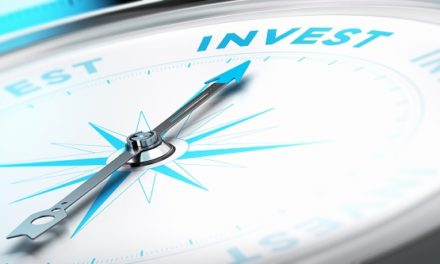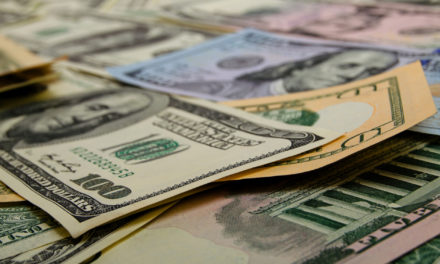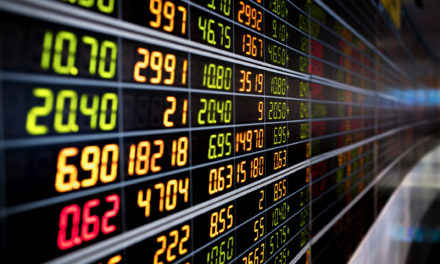
“When we own portions of outstanding businesses with outstanding managements, our favorite holding period is forever.”
— Warren Buffett
One of the most important things investors can learn from Warren Buffett, is about how they approach their time horizon for an investment into a stock under consideration. Because immediately after buying shares of a given stock, investors will then be able to check on the day-to-day (and even minute-by-minute) market value. Some days the stock market will be up, other days down. These daily fluctuations can often distract from the long-term view. Today, we look at the result of a two-decade holding period for an investor who was considering ResMed Inc. (NYSE: RMD) back in 1999, bought the stock, ignored the market’s ups and downs, and simply held through to today.
| Start date: | 09/20/1999 |
|
|||
| End date: | 09/17/2019 | ||||
| Start price/share: | $2.96 | ||||
| End price/share: | $133.93 | ||||
| Starting shares: | 3,378.38 | ||||
| Ending shares: | 3,851.62 | ||||
| Dividends reinvested/share: | $8.59 | ||||
| Total return: | 5,058.47% | ||||
| Average annual return: | 21.79% | ||||
| Starting investment: | $10,000.00 | ||||
| Ending investment: | $516,061.80 | ||||
The above analysis shows the two-decade investment result worked out exceptionally well, with an annualized rate of return of 21.79%. This would have turned a $10K investment made 20 years ago into $516,061.80 today (as of 09/17/2019). On a total return basis, that’s a result of 5,058.47% (something to think about: how might RMD shares perform over the next 20 years?). [These numbers were computed with the Dividend Channel DRIP Returns Calculator.]
Notice that ResMed Inc. paid investors a total of $8.59/share in dividends over the 20 holding period, marking a second component of the total return beyond share price change alone. Much like watering a tree, reinvesting dividends can help an investment to grow over time — for the above calculations we assume dividend reinvestment (and for this exercise the closing price on ex-date is used for the reinvestment of a given dividend).
Based upon the most recent annualized dividend rate of 1.56/share, we calculate that RMD has a current yield of approximately 1.16%. Another interesting datapoint we can examine is ‘yield on cost’ — in other words, we can express the current annualized dividend of 1.56 against the original $2.96/share purchase price. This works out to a yield on cost of 39.19%.
One more piece of investment wisdom to leave you with:
“If a speculator is correct half of the time, he is hitting a good average. Even being right 3 or 4 times out of 10 should yield a person a fortune if he has the sense to cut his losses quickly on the ventures where he is wrong.” — Bernard Baruch



